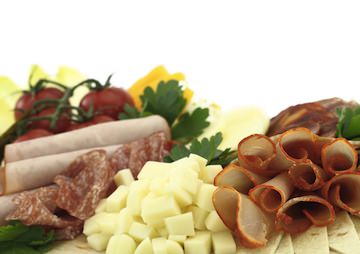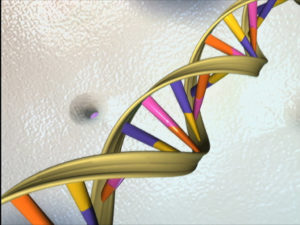USC Study Links Animal Protein Consumption to Cancer
Could consuming a diet rich in animal protein be just as bad for you as smoking cigarettes? You can have the tomatoes, though. Shutterstock
You can have the tomatoes, though. Shutterstock
Could consuming a diet rich in animal protein be just as bad for you as smoking cigarettes?
The answer, according to a new study out of the University of Southern California’s Davis School of Gerontology, is yes, provided a few specific factors are also considered:
That chicken wing you’re eating could be as deadly as a cigarette. In a new study that tracked a large sample of adults for nearly two decades, researchers have found that eating a diet rich in animal proteins during middle age makes you four times more likely to die of cancer than someone with a low-protein diet — a mortality risk factor comparable to smoking.
“There’s a misconception that because we all eat, understanding nutrition is simple. But the question is not whether a certain diet allows you to do well for three days, but can it help you survive to be 100?” said corresponding author Valter Longo, Edna M. Jones Professor of Biogerontology at the USC Davis School of Gerontology and director of the USC Longevity Institute.
Not only is excessive protein consumption linked to a dramatic rise in cancer mortality, but middle-aged people who eat lots of proteins from animal sources — including meat, milk and cheese — are also more susceptible to early death in general, revealed the study published today in Cell Metabolism. Protein-lovers were 74 percent more likely to die of any cause within the study period than their more low-protein counterparts. They were also several times more likely to die of diabetes
However, protein intake and its impact on overall health takes on a different profile past the middle-aged mark, the study also found.
–Posted by Kasia Anderson
Your support matters…Independent journalism is under threat and overshadowed by heavily funded mainstream media.
You can help level the playing field. Become a member.
Your tax-deductible contribution keeps us digging beneath the headlines to give you thought-provoking, investigative reporting and analysis that unearths what's really happening- without compromise.
Give today to support our courageous, independent journalists.








You need to be a supporter to comment.
There are currently no responses to this article.
Be the first to respond.